More than 16,100 officials and civil servants do not have a university degree
According to Official Dispatch No. 11/CV-BCĐ of the Steering Committee for the arrangement of administrative units at all levels and the construction of a 2-level local government organization model, the Government directs that commune-level cadres and civil servants must have a university degree or higher, basically suitable for the field of work of the assigned job position or have practical experience related to the job position.
According to statistics from the Ministry of Home Affairs , as of December 31, 2024, the number of commune-level cadres and civil servants is 212,606 people, of which 92.4% have graduated from university or higher and 7.6% have graduated from college or lower. Thus, up to that time, there were more than 16,100 commune-level cadres and civil servants without a university degree.
Discussing this issue, former Deputy Minister of Home Affairs Nguyen Tien Dinh said that in the past, cadres and civil servants in mountainous areas could have intermediate qualifications or higher. However, currently, the standardization of commune-level cadres and civil servants has been stipulated in Decree 33/2023/ND-CP.
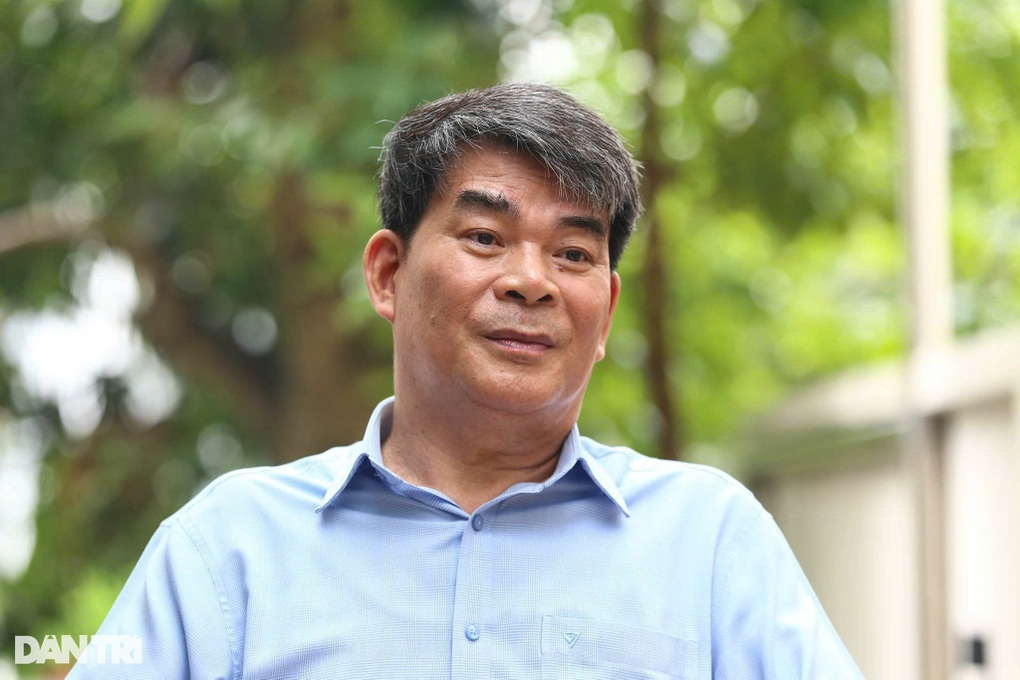
Former Deputy Minister of Home Affairs Nguyen Tien Dinh (Photo: Son Nguyen).
"Current legal regulations also clearly state that commune-level officials and civil servants must have a university degree. Therefore, the above standards for commune-level officials after the merger are not new, but are inherited from current regulations. It is inevitable that officials and civil servants meet university qualifications. However, the percentage that does not meet these requirements is also very small," said Mr. Dinh.
According to this expert, the standardization of commune-level cadres and civil servants after the merger is even more meaningful in the unprecedented restructuring of the apparatus. For now, the current number of people at the district and commune levels will remain the same. However, there is still a requirement to reorganize and rearrange the payroll within 5 years according to regulations.
The former Deputy Minister of Home Affairs explained that the new commune level will have a much larger scale, population, functions, and tasks, not to mention continuing to be more decentralized.
The commune level has the role of implementing legal policies closely with the people, while promoting local self-management. With these new points, it requires commune-level officials and civil servants to have a very high level of qualifications in order to solve work smoothly, conveniently and quickly for the people.
"If the commune level has authority but the cadres are not competent, it will be very difficult to carry out their duties. Therefore, many localities such as Hanoi have assigned City Party Committee members and District Party Secretaries to become leaders of communes and wards to operate the new administrative units immediately, without interruption in direction, leadership and management," said the former Deputy Minister of Home Affairs.
Keep good people, gradually eliminate those who do not meet requirements
Associate Professor, Dr. Ngo Thanh Can, former Deputy Head of the Department of Organization and Personnel Management, Senior Lecturer, National Academy of Public Administration, also said that when the district level no longer exists and all functions and tasks of this level are transferred to the commune level, it is necessary to set requirements on the quality of grassroots cadres to meet the changes in administrative reform and operation of the two-level government.
Along with that, commune-level officials and civil servants must have the skills to perform public duties to meet the requirements of serving the people and major changes in functions and tasks.
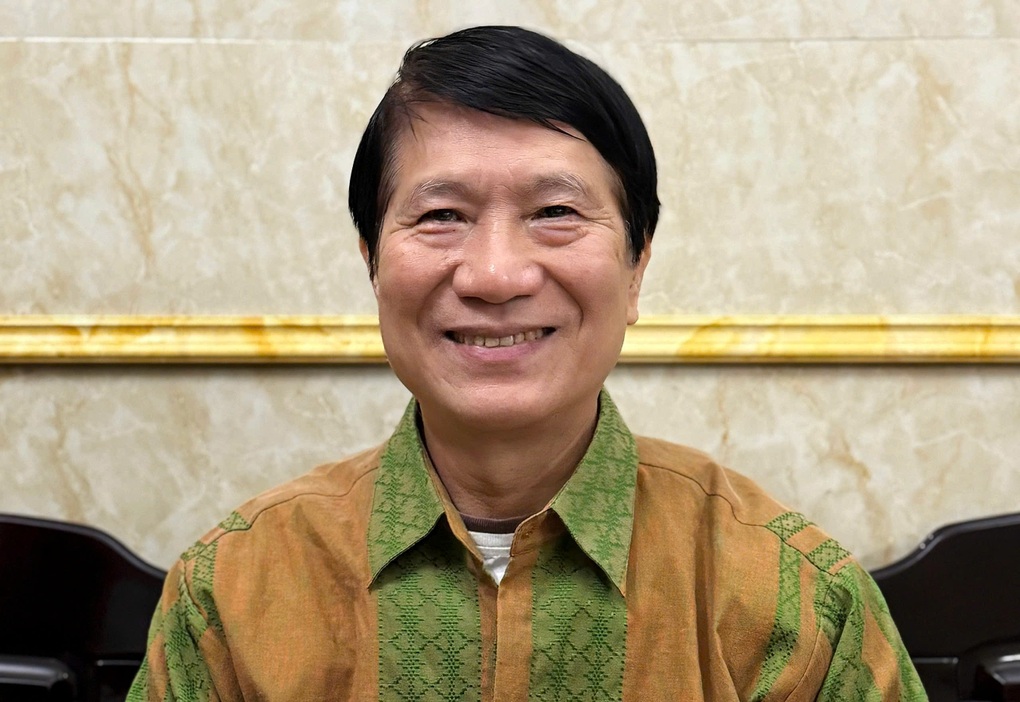
Associate Professor, Dr. Ngo Thanh Can (Photo: Le Tu).
According to Mr. Can, the requirement of university graduation is not necessarily a new issue, but it is also very necessary in the current period.
In addition to the "rigid" requirements on qualifications, this person believes that it is necessary to focus on recruiting civil servants who must immediately meet the criteria on job positions and public service performance skills.
The former Deputy Head of the Department of Organization and Personnel Management mentioned that the Ministry of Home Affairs has provided some data on commune-level officials and civil servants who do not meet university qualifications, however, this rate is still low and there is a direction requiring them to meet the above criteria.
In the process of restructuring the apparatus, according to Mr. Ngo Thanh Can, we are gradually screening and streamlining the payroll to have a team of cadres and civil servants who meet the requirements, retain good people, and gradually remove those who do not meet the requirements and criteria.
On the other hand, the government has preferential policies for those who retire early or quit their jobs due to restructuring of the political system. Through his understanding, Mr. Can saw that officials and civil servants voluntarily applied for the consensus regime, willing to leave their positions so that young people and capable people can continue their work.
In addition, some commune-level civil servants who are ethnic minorities are currently lacking compared to the new standards and are still considered based on their capacity, trust, and given the opportunity to improve themselves, according to the criteria within 5 years.
Thus, according to this expert, the policies and regimes related to the arrangement of cadres and civil servants this time are fully evaluated by the expert. He also expects that the new team of cadres and civil servants at the commune level will have good capacity to carry out larger tasks and responsibilities.
Source: https://dantri.com.vn/noi-vu/yeu-cau-cong-chuc-xa-co-bang-dai-hoc-tro-len-de-loai-bo-can-bo-thieu-chuan-20250609194853908.htm


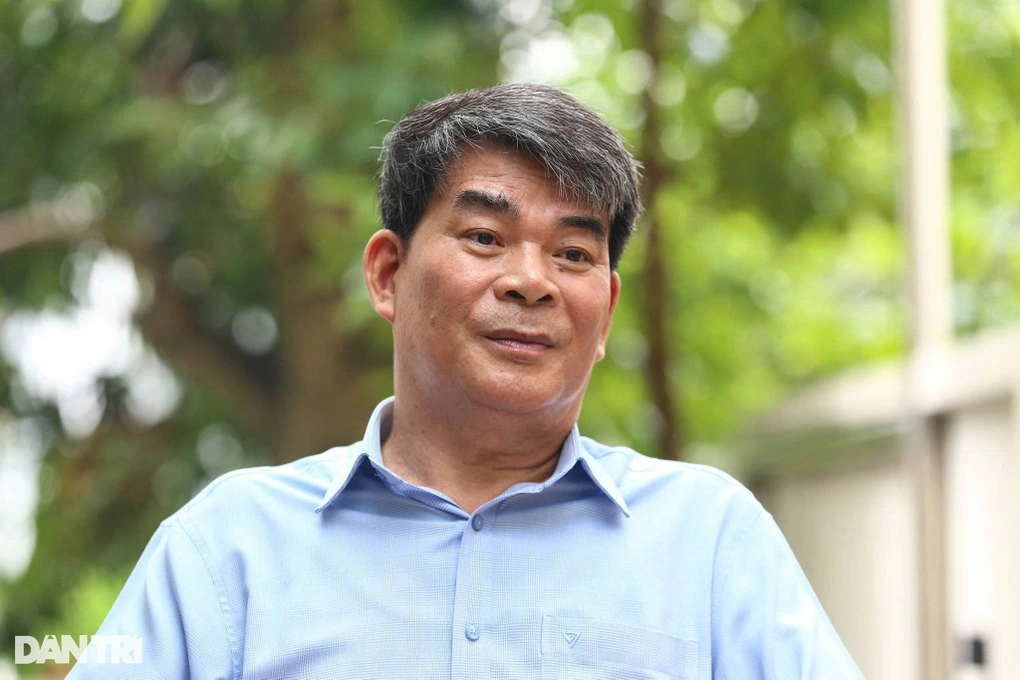
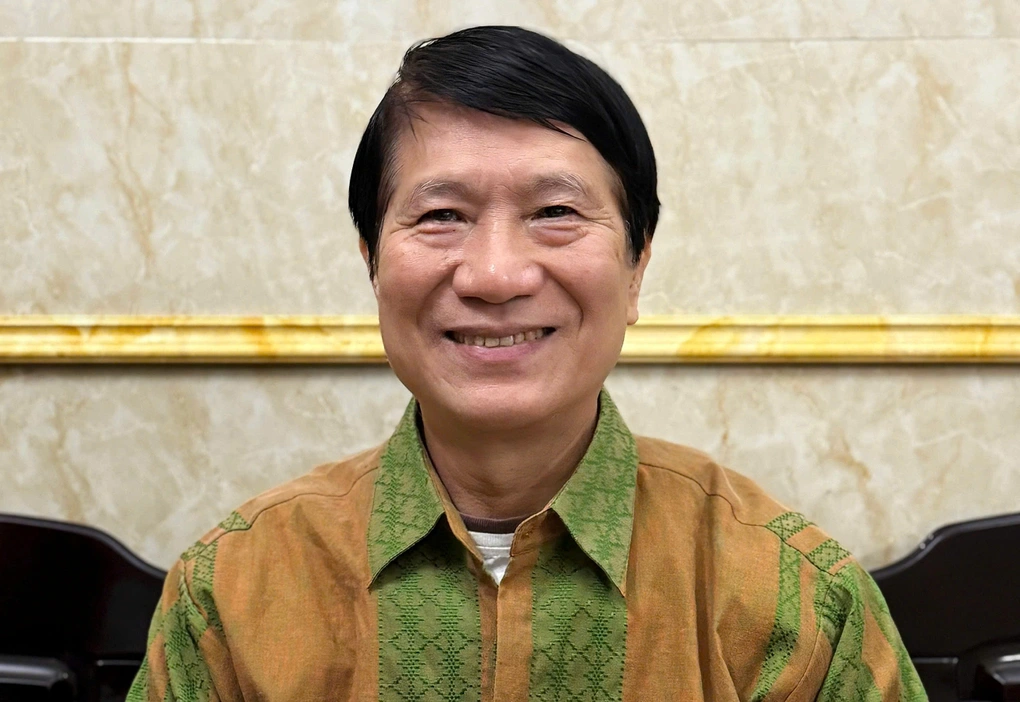
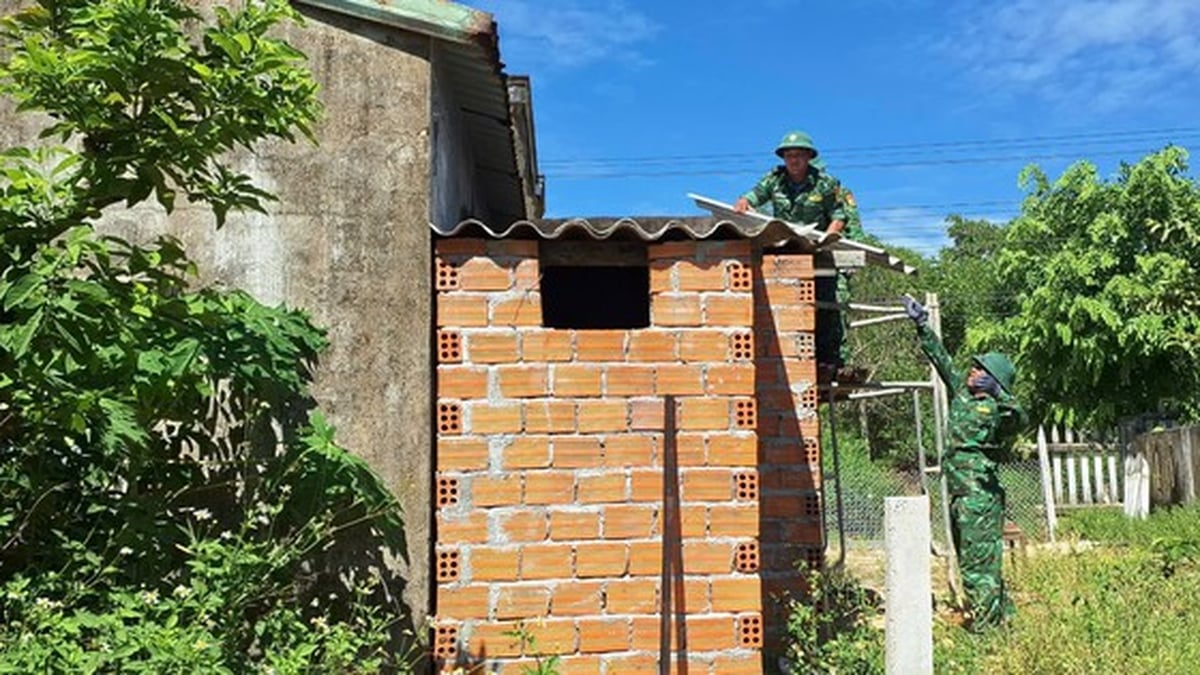

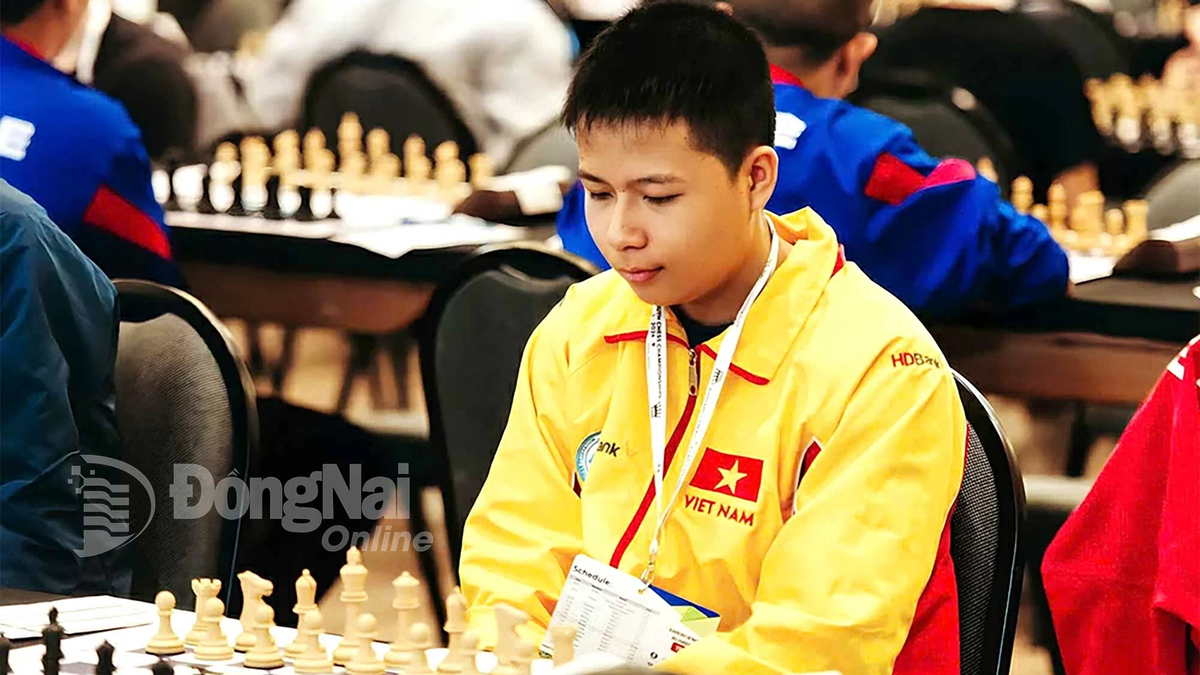

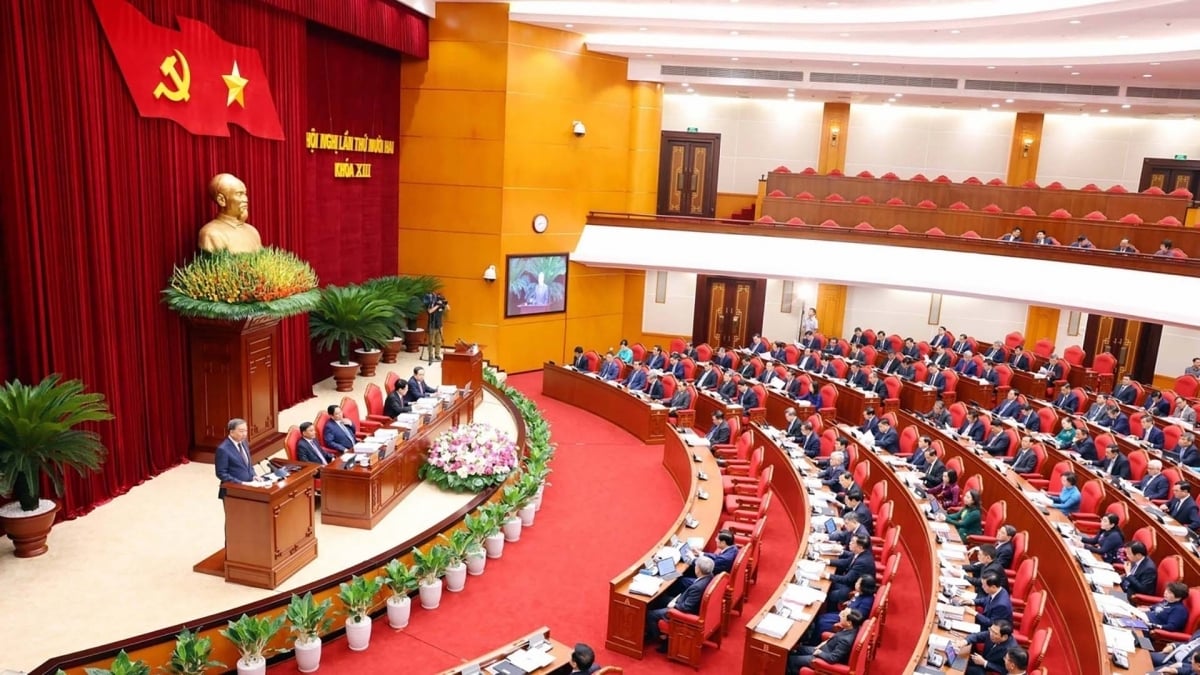
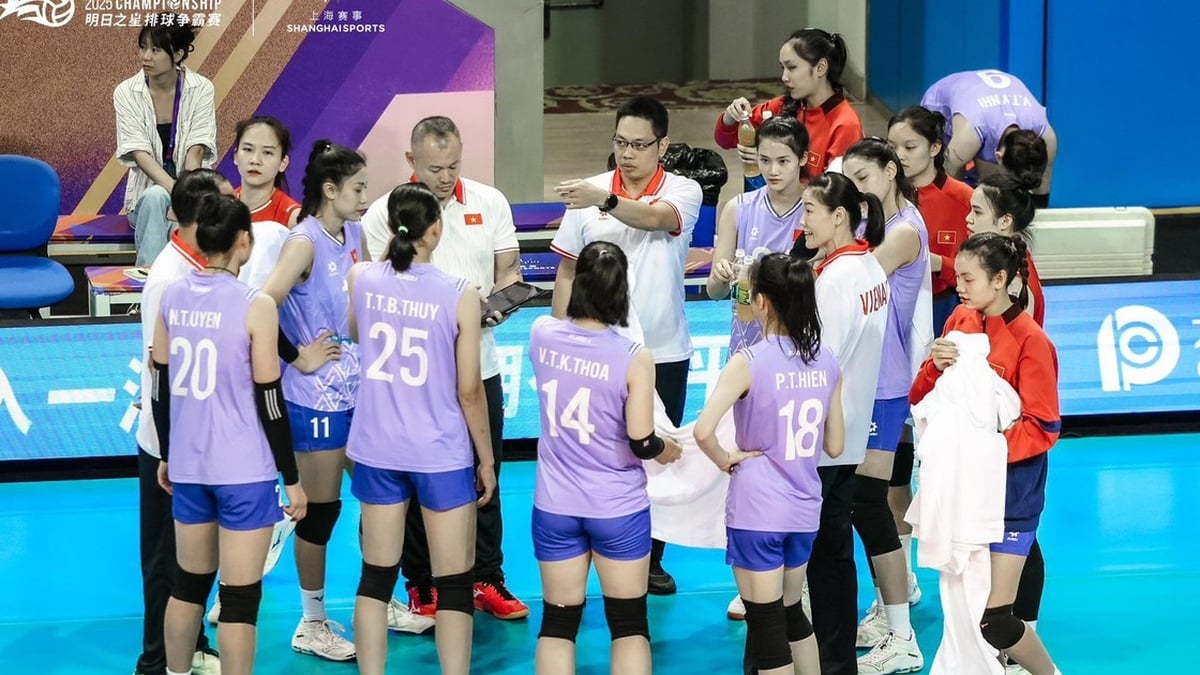
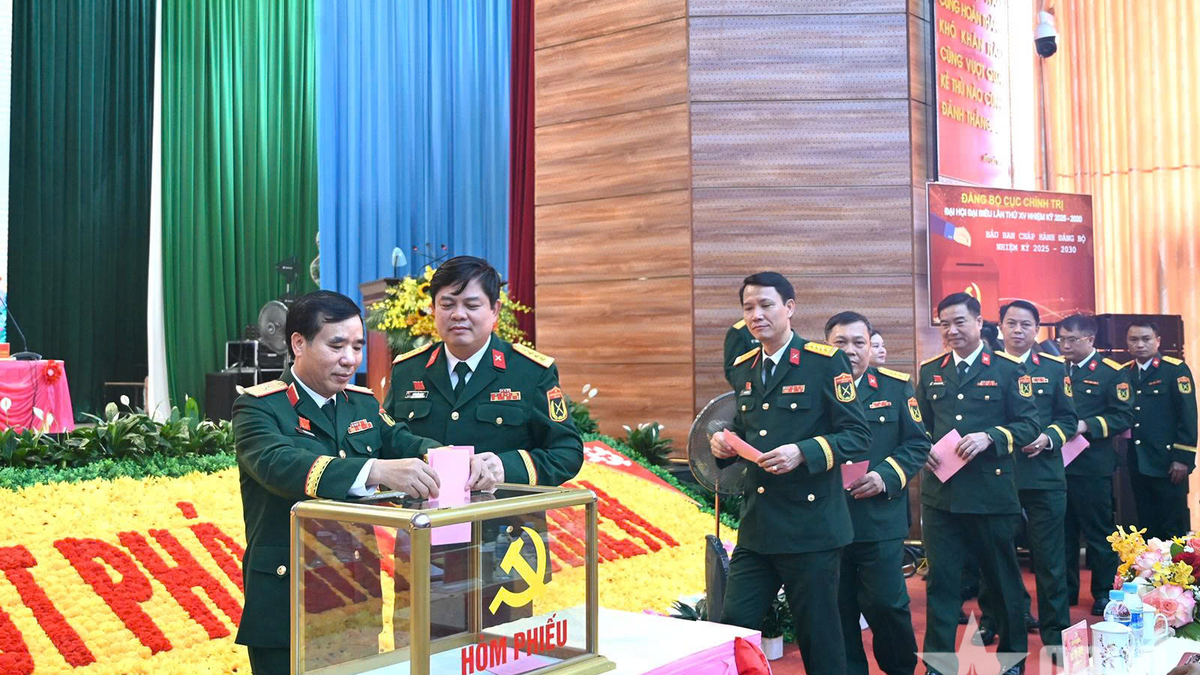
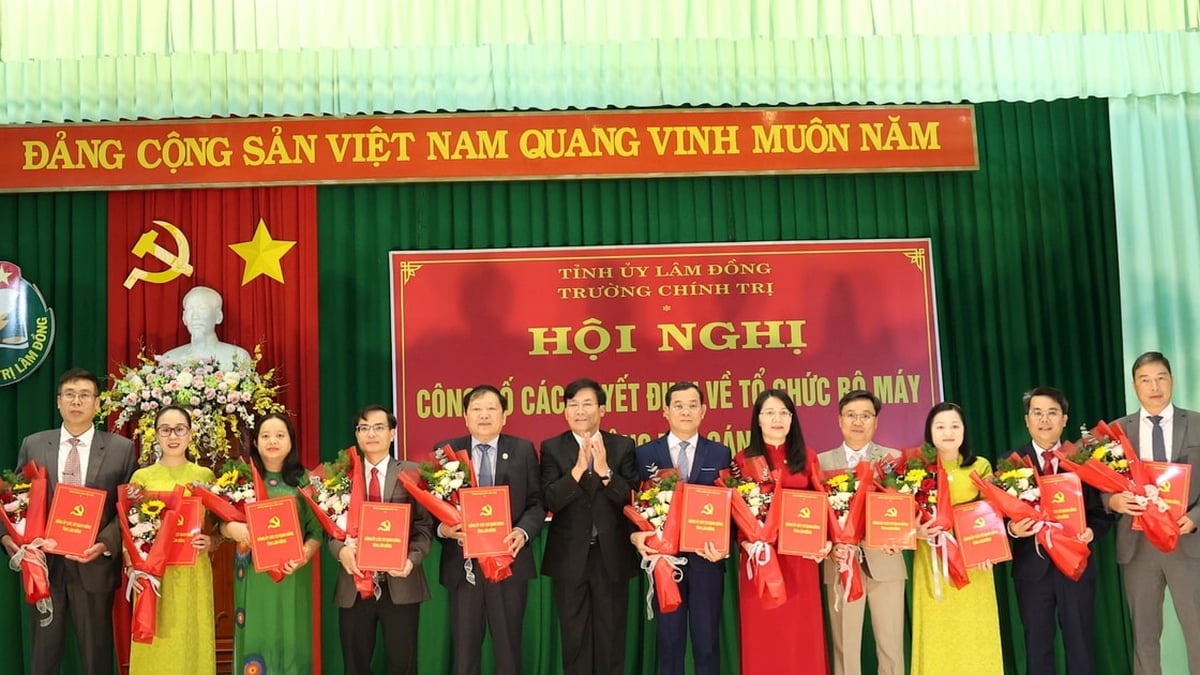



















































































![[Infographic] In 2025, 47 products will achieve national OCOP](https://vphoto.vietnam.vn/thumb/402x226/vietnam/resource/IMAGE/2025/7/16/5d672398b0744db3ab920e05db8e5b7d)





Comment (0)